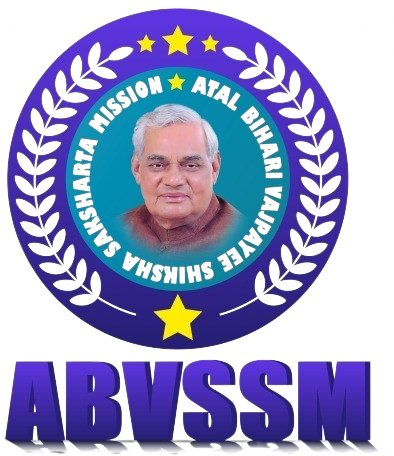Courses We Offer
For course counselling get in touch with us direclty.
Explore More Courses
- ADCA ( ADVANCE DIPLOMA IN COMPUTER )
- PMA (PROGRAM IN MULTIMEDIA ANIMATION)
- DFA (DIPLOMA IN FINANCIAL ACCOUNTS)
- ADOAP (ADVANCE DIPLOMA IN OFFICE AUTOMATION & PUBLISHER
- DITA (DIPLOMA INFORMATION TECHNOLOGY & APPLICATION)
- DCA ( DIPLOMA IN COMPUTER APPLICATION)
- ADCS (ADVANCE DIPLOMA IN CYBER SECURITY)
- DIA (DIPLOMA IN INDUSTRIAL ACCOUNTING)
- ADCHN (ADVANCE DIPLOMA IN COMPUTER HARDWARE & NETWORKING)
- DDM (DIPLOMA IN DIGITAL MARKETING)
- DGM (DIPLOMA IN GRAPHIC DESIGNING)
- BASIC COMPUTER COURSE
- DTP (DESKTOP PUBLISHING)
- TALLY
- HTML/DHTML (HYPERTEXT MARKUP LANGUAGE)
- INTERNET & EMAIL, ONLINE WORK
- CCC ( CERTIFICATE IN COMPUTER CONCEPT)
- AUTOCAD
- CCTG (CERTIFICATE IN TALLY GST)
- CERTIFICATE IN ACCOUNTING
- CERTIFICATE IN PERSONALITY DEVELOPMENT
- IT (INFORMATION TECHNOLOGY)
- SOFTWARE INSTALLATION COURSES
- ENGLISH TYPING
- HINDI TYPING
- CERTIFICATE IN IMAGE EDITING
- CERTIFICATE IN MARKETING
DIA (DIPLOMA IN INDUSTRIAL ACCOUNTING)
Overview: The Diploma in Industrial Accounting (DIA) is a specialized course designed to provide students with the skills and knowledge required to manage accounting functions in industrial settings. This course covers a wide range of topics including cost accounting, financial analysis, budgeting, and taxation specific to industrial operations.
Certification
- ONE YEAR COURSE
Course Modules
- Cost Accounting: In-depth study of cost accounting principles and practices. Understanding of cost classification, cost allocation, and cost control techniques relevant to industrial operations.
- Financial Analysis: Introduction to financial analysis techniques such as ratio analysis, trend analysis, and variance analysis. Understanding of financial statements and their interpretation in an industrial context.
- Budgeting: Basics of budgeting including budget preparation, variance analysis, and budgetary control. Students will learn to create budgets for industrial projects and operations.
- Taxation in Industrial Settings: Introduction to taxation principles and practices relevant to industrial operations. Understanding of tax planning, compliance, and reporting requirements for industrial entities.
- Management Accounting: Basics of management accounting including decision-making tools and techniques. Students will learn to use accounting information for planning and controlling industrial activities.
- Inventory Management: Introduction to inventory management principles and practices. Understanding of inventory valuation methods and techniques for optimizing inventory levels in industrial settings.
- Financial Reporting: Basics of financial reporting including preparation of financial statements and disclosures. Understanding of accounting standards and regulations applicable to industrial entities.
- Project Work: Practical implementation of the concepts learned during the course through an industrial accounting project.

i have done my course from atal bihari teachers are very professional and i have learned so much.

